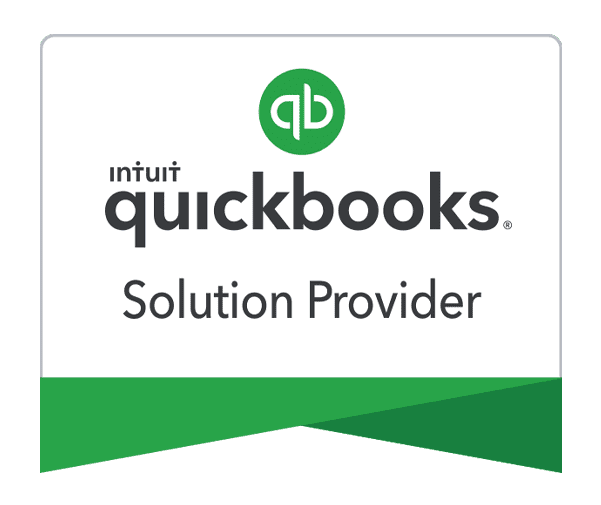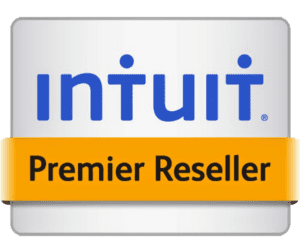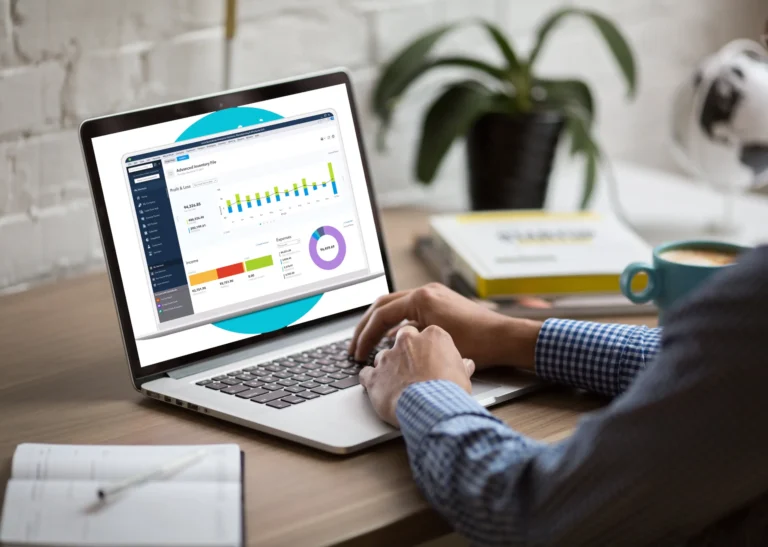Is QuickBooks Online the Same as QuickBooks Desktop?

Paygration, Inc.
As a widely used accounting software suite, QuickBooks offers various solutions tailored to different business needs, which primary include QuickBooks Online and Desktop. However, a common question arises: Is QuickBooks Online the same as QuickBooks Desktop? Understanding the distinctions between these two can help you choose the right version for your business.
We’ll discuss the features, benefits, and differences between QuickBooks Online and QuickBooks Desktop, helping you make an informed decision.
QuickBooks Online Overview
QuickBooks Online is Intuit’s cloud-based accounting software, designed to provide flexible access and robust features for small to medium-sized businesses. Here’s an in-depth look at what QuickBooks Online offers:
- Cloud Accessibility: One of the most significant advantages of QuickBooks Online is its cloud accessibility. Since it’s cloud-based, you can access your financial data from anywhere with an internet connection. This flexibility is ideal for business owners and employees who need to manage finances remotely or travel frequently. You can use any device—laptops, tablets, or smartphones—to log into your account, ensuring you have real-time access to your financial information.
- Automatic Updates: With QuickBooks Online, you never have to worry about manually installing updates. The software is automatically updated with the latest features, improvements, and security patches. This means you always have the most current tools at your disposal, enhancing your productivity and ensuring compliance with the latest accounting standards.
- Scalability: QuickBooks Online offers multiple subscription plans tailored to different business needs. Whether you’re a freelancer, a small business, or a growing enterprise, there’s a plan that can accommodate your requirements. As your business grows, you can easily upgrade to a more advanced plan, ensuring you always have the features you need without switching software.
- Collaboration: QuickBooks Online excels in fostering collaboration. Multiple users can work on the same account simultaneously, making it easier for teams to collaborate. You can also set different levels of access for each user, ensuring sensitive information is only available to those who need it.
- Integration with Other Apps: QuickBooks Online integrates seamlessly with a variety of third-party applications, including payroll services, CRM systems, and e-commerce platforms. This interoperability allows you to streamline your business processes and manage everything from a single platform.
- Security: Data security is paramount, and QuickBooks Online uses advanced security measures, including encryption and regular backups, to protect your financial information. Being cloud-based, your data is stored on secure servers, reducing the risk of data loss due to hardware failures or natural disasters.
QuickBooks Desktop Overview
QuickBooks Desktop is the desktop-based version of QuickBooks, installed locally on your computer. It offers robust features and powerful functionality for businesses with more complex accounting needs. Here’s a detailed overview of QuickBooks Desktop:
- Desktop Accessibility: As mentioned earlier, QuickBooks Desktop is a desktop accounting software, meaning it doesn’t need an internet connection to run. This makes it a great option for businesses that operate in areas with no or limited internet connectivity.
- Performance: QuickBooks Desktop is known for its powerful performance. Because it runs on your local machine, it can handle larger files and more complex accounting tasks without relying on internet speed. This makes it ideal for businesses with extensive accounting needs and large amounts of data.
- Industry-Specific Versions: One of the unique aspects of QuickBooks Desktop is the availability of industry-specific versions. These versions come with tailored features and reports designed to meet the specific requirements of industries such as manufacturing, retail, and professional services. This customization can provide significant value to businesses operating in these sectors.
- Advanced Inventory Management: QuickBooks Desktop offers advanced inventory management features, particularly in the Premier and Enterprise versions. These features include tracking inventory at multiple locations, setting reorder points, and generating detailed inventory reports. For businesses that deal with large inventories, this functionality is crucial.
- Comprehensive Reporting: The Desktop version provides a wide range of detailed reporting options, giving you deeper insights into your financial performance. Customizable reports allow you to focus on the metrics that matter most to your business, helping you make informed decisions.
- Reliability and Control: With QuickBooks Desktop, you have greater control over your data since it is stored locally. This can be a significant advantage for businesses concerned about cloud security or those who need to operate in areas with unreliable internet access. Additionally, having a local installation means you are not dependent on internet speed or connectivity for your accounting tasks.
QuickBooks Desktop used to be available in three main products, namely QuickBooks Pro, Premier, and Enterprise. However, Pro and Premier will no longer be available after July 31, 2025, so the only option is QuickBooks Enterprise. We believe QuickBooks Enterprise is great especially if you want to leverage the full features and benefits of QuickBooks Desktop. Learn the benefits of QuickBooks Enterprise.
Key Differences Between QuickBooks Online and QuickBooks Desktop
While both versions of QuickBooks share many similarities, there are several key differences that set them apart. Understanding these differences can help you choose the best option for your business.
Deployment and Access
- QuickBooks Online: Cloud-based, accessible from any device with internet access.
- QuickBooks Desktop: Installed locally, access is limited to the computer where it’s installed unless using additional hosting services.
Pricing Structure
- QuickBooks Online: Subscription-based, with different pricing tiers based on features and number of users.
- QuickBooks Desktop: One-time purchase for the software, with optional fees for updates and support.
Feature Updates
- QuickBooks Online: Automatically updated with new features and improvements.
- QuickBooks Desktop: Requires manual updates or additional purchases for new versions.
User Collaboration
- QuickBooks Online: Supports multiple users working simultaneously, ideal for team collaboration.
- QuickBooks Desktop: Supports multi-user access, but typically requires a local network setup or additional hosting services.
Integration and Add-Ons
- QuickBooks Online: Extensive integration with third-party apps and services, enhancing functionality.
- QuickBooks Desktop: Also supports integrations, but may require more complex setups for certain integrations.
Inventory and Reporting
- QuickBooks Online: Offers inventory management and reporting, suitable for most small to medium-sized businesses
- QuickBooks Desktop: Advanced inventory management and detailed reporting, suitable for businesses with complex needs
For more details, check out our detailed comparison of QuickBooks Online and Desktop.
Choosing the Right Version for Your Business
Deciding between QuickBooks Online and QuickBooks Desktop ultimately depends on your business’s specific needs and circumstances. Here are some factors to consider:
- Business Size and Complexity: Small to medium-sized businesses with straightforward accounting needs may find QuickBooks Online to be sufficient and more convenient. Larger businesses with complex requirements might benefit from the advanced features of QuickBooks Desktop.
- Mobility Needs: If you need to access your accounting data from multiple locations or devices, QuickBooks Online is the better choice due to its cloud-based nature.
- Collaboration: For businesses that require multiple users to access the accounting system simultaneously, QuickBooks Online offers superior collaboration features.
- Cost Considerations: Evaluate the long-term costs of subscription fees for QuickBooks Online versus the one-time purchase cost of QuickBooks Desktop. Consider any additional fees for updates and support.
- Industry Requirements: Certain industries may benefit from the specialized features available in the industry-specific versions of QuickBooks Desktop.
Conclusion
Both QuickBooks Online and QuickBooks Desktop have their unique advantages and cater to different business needs. QuickBooks Online offers flexibility, ease of use, and robust collaboration features, making it ideal for businesses on the go or those who need remote access. QuickBooks Desktop provides powerful performance, detailed reporting, and advanced features, suitable for businesses with complex accounting requirements.
To determine the best fit for your business, consider your specific needs, budget, and operational style. If you’re still unsure which version to choose, Paygration can help. Contact Paygration for a free demo and free consultation on the QuickBooks product that best suits your buiness. We also offer exclusive discounts and ongoing support for as long as your account is active. Get started by calling 866-949-7267.
















